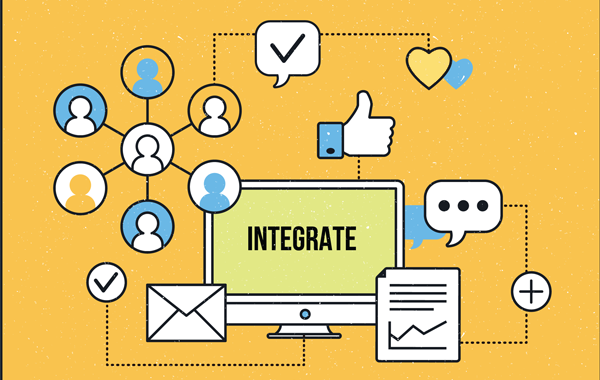Content is (Still) King, but Data is Using the Force, Luke
So you’ve finally decided to take your small business or emerging brand to the next level. You’ve decided to overhaul your 10-year-old website and make it responsive. You’ve started to emailing newsletters to customers now and then. You’ve got a Facebook business page and you post something once a week. Maybe you’ve set up a blog and you’re regularly posting (well, semi-regularly) hastily written articles because over and over you’ve heard “content is king”.
When it comes to marketing in 2018 it’s *still* true content is king. But unless you’ve put a solid strategy horse in front of your content efforts, it’s a tiny kingdom, and it’s probably shrinking.
Many times when I consult with small to medium-sized businesses who aren’t well-versed in current marketing methods and strategy, there’s some confusion around the difference between customers and audience. In a nutshell, if you aren’t actively putting sustained effort into building your audience, and looking at data to share the right kind of content with them, you are actively losing sales.
Here’s what I mean: No matter how loyal your customers are, they are a finite number. In order to grow sales, you must grow your audience through multiple channels. Converting your widening audience into customers then requires steady, reliable flow of varied content and engagement. Engagement is more than merely posting relevant links to Facebook and blasting out emails and tweets; it requires looking at data to hone your message.
Small businesses frequently try the DIY approach to marketing, feeling the expense of hiring a marketing professional is out of reach, or that they can't justify the expense because they can’t measure marketing success.
Both assumptions are wrong and possibly dangerous. It’s wrong because there are more digital marketing resources available today than ever before. And it’s dangerous because it’s practically a full-time job just staying on top of the constantly changing landscape, tools, and best-practices to ensure greatest ROI. If you’re trying to “do marketing” in your spare time (while actually running your business) and you aren’t consuming every resource, article, white paper, and workshop out there (as marketing pros must do to remain relevant) you simply won’t be hitting the constantly moving target.
Engagement is more than merely posting relevant links to Facebook and blasting out emails and tweets; it requires looking at data to hone your message.
How integrated and sharp is your DIY marketing effort? Digital Marketer has produced a wonderful 10-Minute Social Media Marketing Audit which is a wonderful education tool for any Do-It-Yourselfers who want to test their digital acumen.
The audit focuses on social media and is a great resource to help you assess your own social media marketing strengths and weaknesses.
Click here to take Digital Marketer’s 10-Minute Social Media Audit and learn how to take your marketing from tiny kingdom to royal empire.
